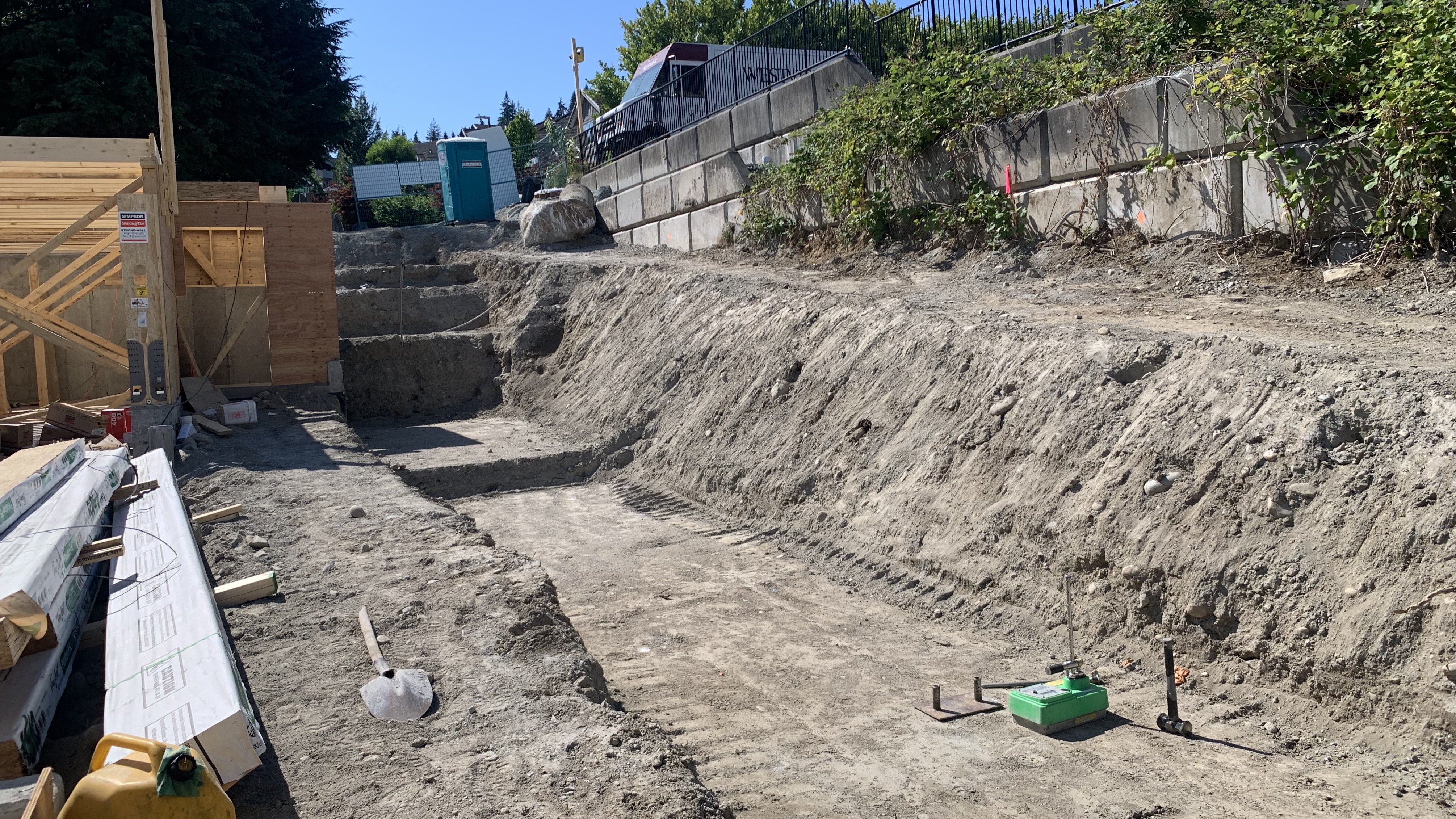Project Management/Quality Control and Quality Assurance


Great projects are built in the field, not just on paper. Our quality control and quality assurance (QA/QC) programs and methods keep design intent, construction realities, and permitting aligned so crews can work without surprises. We define hold points early, issue practical Inspection & Test Plans (ITPs), and provide fast response field reviews and memos that keep your schedule moving across Metro Vancouver and B.C.

We believe the strongest results come when the same engineer who studies, collaborates, and designs your project also leads the field reviews. That engineer remains accountable from coordination with the consulting team through excavation, backfill, and close-out—supported by a junior engineer or field technician dedicated to the site so details aren’t lost between visits. We make decisions in real time during virtual and on-site meetings with the client, contractor, and consultant. After every field review or test, we issue a brief memo summarizing observations, measurements, acceptance criteria, and next steps, with action items assigned so construction isn’t waiting on paperwork.
We verify prepared foundation subgrades and design subgrade elevations, confirm bearing at footings and slabs, and review shoring, anchors, piles, and ground improvement against acceptance criteria. For earthworks we provide compaction testing with clear Proctor references and moisture control guidance, and we attend key stages, excavation benches, base/subbase proof-rolling, anchor and pile tests, slab prep, trench and subgrade backfill etc., to verify assumptions or make decisions on site and keep the dig moving. Where beneficial, we coordinate PDA and pile load tests, plate loads/modulus checks, and densification verification etc. depending on project needs.
When risk is elevated or constraints are tight, we implement monitoring to verify performance and protect neighbours. Programs may include inclinometers to measure subsurface shear and wall deflection, piezometers to track groundwater response, surface survey points/prisms for building/crest/toe movement, and vibration monitoring near sensitive utilities and structures. We set trigger levels (green/amber/red), reporting frequency, and contingency actions so the team knows exactly when and how to adjust sequencing, dewatering, or support.
As part of our QA/QC services, we provide erosion and sediment control (ESC) inspections that include field checks and water quality testing. Our monitoring covers turbidity and pH to confirm discharges meet municipal and provincial requirements. Results are documented in clear reports that satisfy regulatory obligations and keep construction moving without costly delays.
Our in-house soils lab provides quick turnaround on the tests most projects need: moisture content, Atterberg limits, particle-size analysis/hydrometer, organic content, unit weight, and standard/modified Proctor. For pavement work we also run Benkelman Beam testing. When specialty testing is required (e.g., consolidation, triaxial, corrosivity etc.), we manage it through partner labs and fold all results into a single, reconciled set of parameters for design and acceptance.
We own two nuclear gauges and are fully equipped to support fast-paced compaction control on all types of soil fill. You can hire us for density testing only, as needed or as a dedicated program, and we’re happy to bundle other field/lab services (e.g., base/subbase gradations, moisture control plans) to streamline QA for your GC or municipality.
We design to minimize construction cost without shifting undue risk to ourselves, the owner, or contractor. That balance depends on how well the ground is characterized and how closely the work is reviewed. If you want to use more aggressive soil parameters to reduce shoring, undercut, or improvement, we’ll map out the additional investigation (e.g., more boreholes/DCPT, targeted lab tests) and the more stringent field review and monitoring needed to back up that decision, so you can choose the right path for budget, schedule, and risk tolerance.